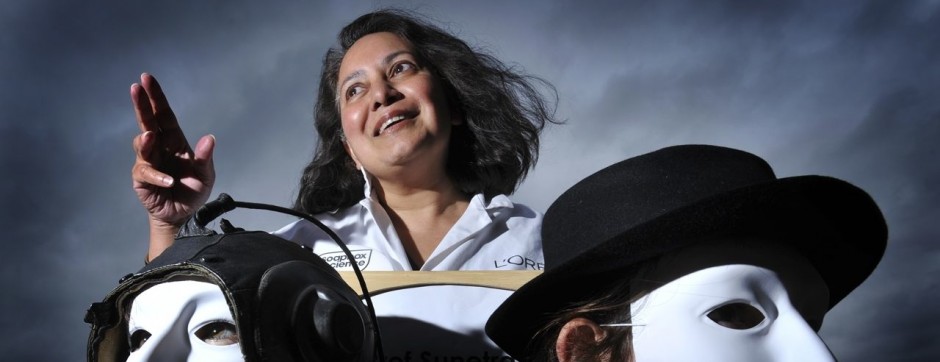On the 27th of May 2017, 2-5pm, London’s Southbank will transform again into a hub of scientific learning and discussion, as some of London’s leading scientists take to their soapboxes to showcase their science to the general public. The event’s mission remains the same: to help eliminate gender inequality in science by raising the profile, and challenging the public’s view, of women and non-binary people in science. The event is free. If you’d like to see what Soapbox Science looks like in action, have a look at the Soapbox Science 2015 video
Sponsors
We couldn’t run this London event without the generous logistical and financial support of our sponsors. Our London events have been supported from the start by the L’Oreal UNESCO For Women In Science Scheme and the Zoological Society of London. Since 2014, our overall whole initiative is moreover supported by the Science and Technology Facilities Council.
Details of the location and timing of the event
Date: Saturday 27th May 2017
Address: Queen’s Stone, Riverside walkway (by Gabriel’s Wharf)
South Bank, London, SE1 9PP
Time: 2pm – 5pm
Speakers
2017 saw some very strong competition to appear at this London’s event, with 104 applications received. The winners and their discussion topics included:
Professor Frances Brodsky, University College London “The two-edged sword of human glucose metabolism”
Dr Francesca Ciccarelli, King’s College London / The Francis Crick Institute “Using computers to study patient genomes and select the best cancer treatment”
Dr Siân Fogden (@DrSianF), Anionica “Changing the world on an unprecedented scale: How tiny carbon nanotechnology will change all of our lives”
Dr Katherine Holt, University College London “Diamond – more than a girl’s best friend?”
Dr Kari Hyll, King’s College London / National Centre for Earth Observation (NCEO) “Smoke and Mirrors – Wildfire monitoring in a warming world”
Jenny Jaffe (@Jenny_Jaffe), Institute of Zoology “Diseased dormice? How wildlife vets help reintroduce rare species!”
Dr Tracy Kivell, University of Kent “Well, that’s handy! Evolution of our hands and our dexterity”
Professor Susan Michie (@susanmichie), University College London “What does it take to change your behaviour?”
Professor Carolyn Moores (@CarolynMoores1), Birkbeck College “Size matters: studying the nanomachinery in our cells that keeps us alive”
Dr Stephanie Schorge, University College London “Brain hacking with viruses: a scientist’s dilemma”
Professor Ijeoma Uchegbu, University College London “Tiny particles that go places”
Dr Jessica Bryant (@JessicaVBryant), Institute of Zoology “The singing king of the swingers: conserving the world’s rarest ape”
